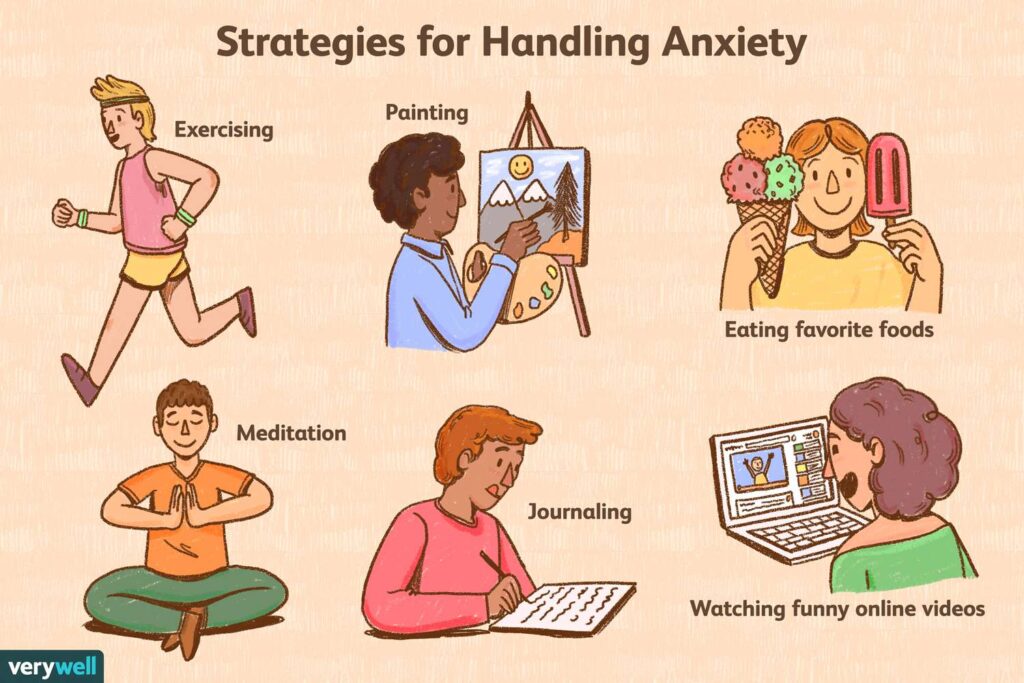Sleep disorders can have an immediate and profound impact on your daily life, causing fatigue, irritability, and difficulty concentrating. When insomnia strikes, finding quick and effective relief becomes a top priority. Ativan’s (lorazepam) is a medication often prescribed for its fast-acting sedative properties, making it a popular choice for those seeking rapid relief from sleep disturbances. This guide delves into how Ativan works, its quick action time, and strategies for using it to manage sleep disorders.
Understanding Ativan’s Action Time
Ativan is a benzodiazepine that works by enhancing the activity of gamma-aminobutyric acid (GABA), a neurotransmitter in the brain that promotes relaxation and sleep. One of the key advantages of Ativan is its rapid onset of action, making it particularly effective for individuals who need quick relief from anxiety or insomnia.
- Onset of Action: Ativan is absorbed quickly when taken orally, with effects typically beginning within 20 to 60 minutes. This makes it an ideal option for those who have difficulty falling asleep or need immediate anxiety relief that’s interfering with their ability to sleep.
- Duration of Effect: The effects of Ativan generally last between 6 to 8 hours, which is sufficient for a full night’s sleep without causing excessive daytime drowsiness for most people. However, this can vary depending on individual factors such as age, metabolism, and overall health.
Quick Relief Strategies with Ativan

1. Timing Your Dose
- Bedtime Administration: For sleep disorders, Ativan is most effective when taken just before bedtime. This ensures that the medication is working as you try to fall asleep, helping to reduce sleep latency (the time it takes to fall asleep).
- Situational Use: In cases of situational insomnia caused by stress or anxiety (e.g., the night before a big event), taking Ativan 30 to 60 minutes before bedtime can help calm the mind and promote restful sleep.
2. Managing Anxiety-Related Insomnia
- Pre-Sleep Anxiety Management: If anxiety is a primary factor contributing to your sleep disorder, Ativan can help by reducing nervousness and calming racing thoughts. Taking Ativan’s during the evening, an hour or two before sleep, can help ease pre-sleep anxiety and set the stage for a more restful night.
- Crisis Situations: For acute anxiety or panic attacks that are preventing sleep, Ativan’s quick action can provide immediate relief, allowing you to regain control and settle down for the night.
3. Short-Term Use for Acute Episodes
- Temporary Relief: Ativan is best suited for short-term use, particularly during acute episodes of insomnia, such as during periods of high stress, grief, or significant life changes. It can help break the cycle of sleeplessness and allow you to catch up on rest.
- Avoiding Long-Term Dependency: Due to the risks associated with prolonged use, such as tolerance and dependency, Ativan should be used sparingly and only as needed for quick relief. Always consult with your healthcare provider to determine the appropriate duration of use.
4. Combining Ativan with Good Sleep Hygiene
- Creating a Sleep-Conducive Environment: While Ativan can provide quick relief, it’s important to also focus on long-term sleep strategies. Maintain a regular sleep schedule, create a relaxing bedtime routine, and ensure your sleep environment is comfortable and free of distractions.
- Mindfulness and Relaxation Techniques: Incorporating relaxation practices such as deep breathing, meditation, or progressive muscle relaxation can enhance Ativan’s calming effects and promote better sleep.

Precautions and Considerations
1. Avoiding Daytime Drowsiness
- Timing the Dose Appropriately: To avoid residual drowsiness the next day, take Ativan only when you have enough time for a full night’s sleep (at least 7 to 8 hours). This helps ensure the medication’s effects wear off by the time you need to be awake and alert.
2. Avoiding Alcohol and Other Sedatives
- Risk of Enhanced Sedation: Combining Ativan with alcohol, other sedatives, or sleep aids can increase the risk of excessive sedation, respiratory depression, and other serious side effects. Always inform your healthcare provider of any other medications or substances you are taking.
3. Consult with a Healthcare Provider
- Personalized Advice: Since individual responses to Ativan’s can vary, it’s important to consult with a healthcare provider to determine the appropriate dosage and usage strategy. Your doctor can help tailor the treatment plan to your specific needs, ensuring safe and effective use of Ativan.
Conclusion
Ativan offers quick relief for those struggling with sleep disorders, especially when anxiety is a contributing factor. Its fast onset of action makes it an effective tool for managing acute insomnia and pre-sleep anxiety. However, it is crucial to use Ativan responsibly and under medical supervision, given the potential risks associated with long-term use.
For sustainable sleep improvement, consider combining Ativan with other strategies like good sleep hygiene, mindfulness techniques, and, if needed, longer-term treatments such as Cognitive Behavioral Therapy for Insomnia (CBT-I). By taking a comprehensive approach, you can achieve better sleep and improve your overall quality of life.
This guide highlights the importance of balancing quick relief with long-term sleep health strategies. Always seek professional advice to ensure safe and effective use of Ativan in managing your sleep disorders.